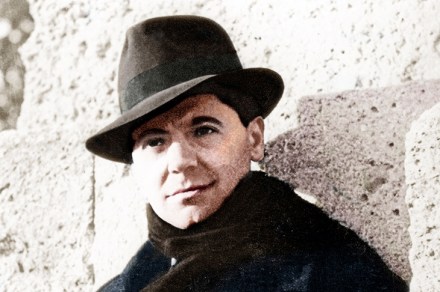Hero and villain: The Two Loves of Sophie Strom, by Sam Taylor, reviewed
Counterfactual thinking can be compelling. We imagine love affairs missed out on, tragedies averted. What if I hadn’t boarded that bus or woken from that sleep? Sam Taylor throws this thinking into a vital moment in a young boy’s life that has massive, world- historical resonance. Vienna, 1933. Nazi sympathisers burn down the flat of a Jewish family. Max Spiegelman, aged 13, escapes, but his parents burn to death. Or do they? In a parallel narrative, Max awakes from this dream into the very fire he’s just dreamed about, early enough to rescue his parents. Taylor alternates the stories of the Max whose parents survive and who remains on the




